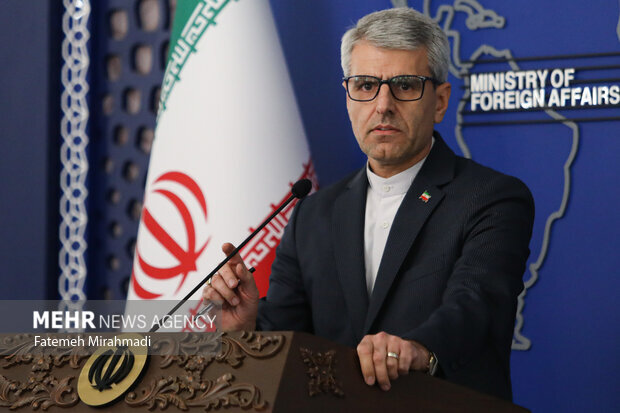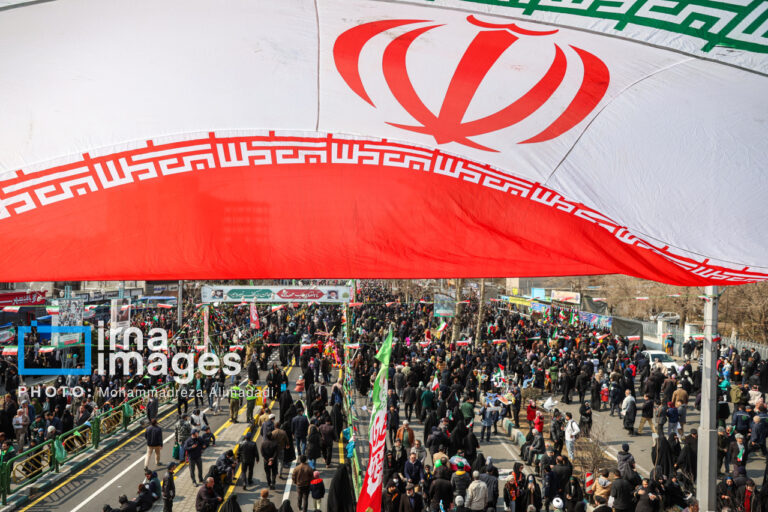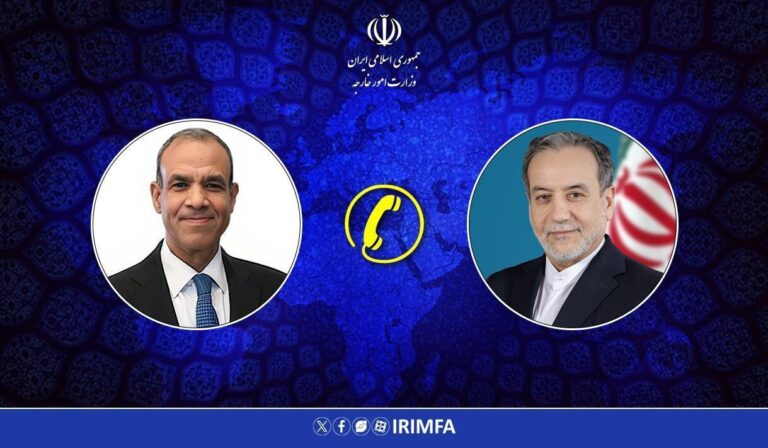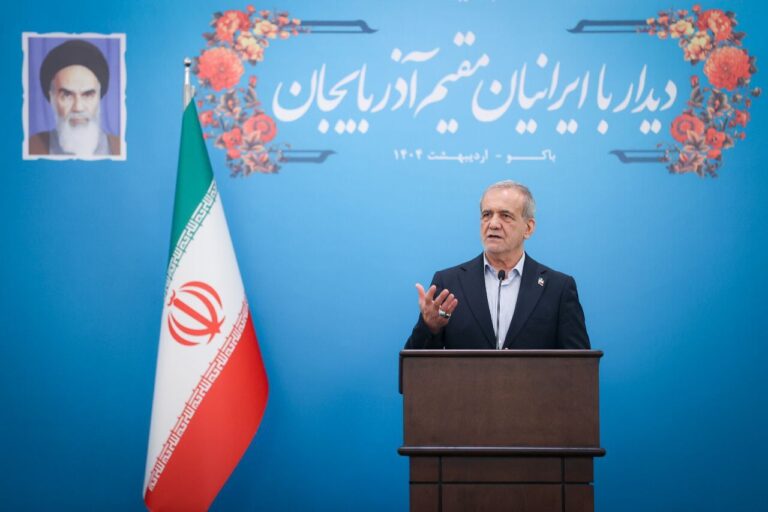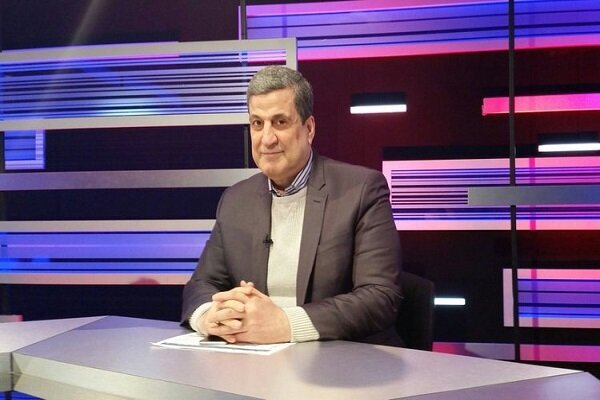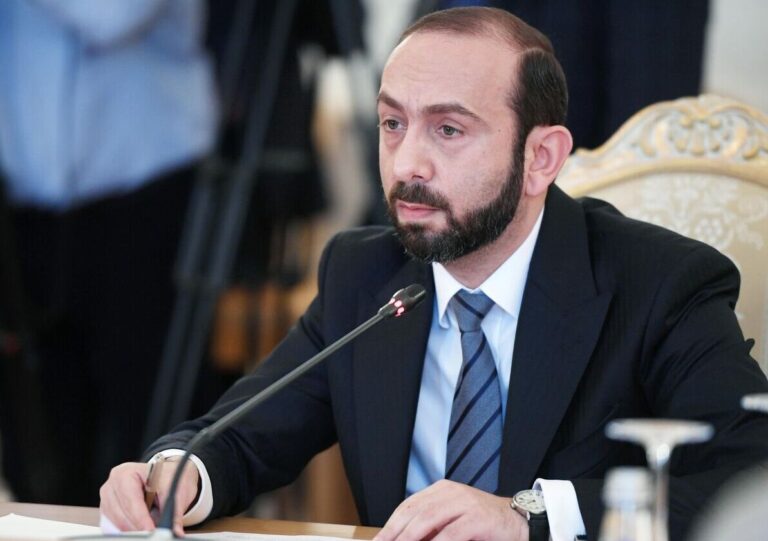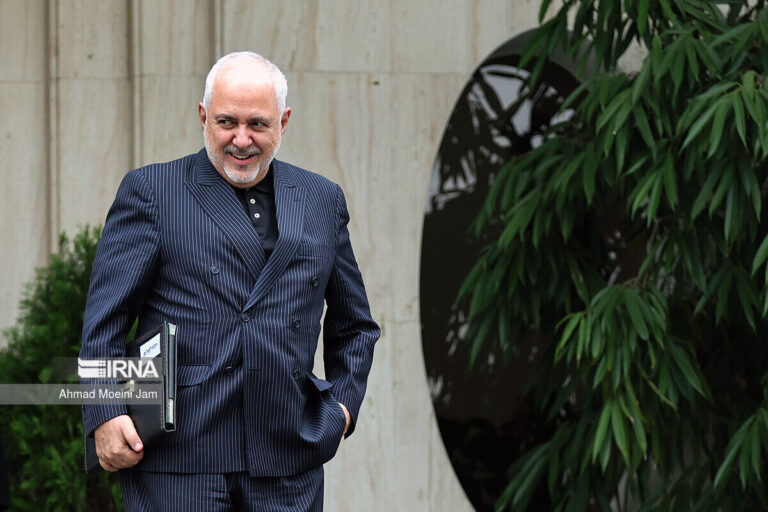Germany Launches Investigation into Wartime Chemical Weapons Supply to Iraq
On the anniversary of the Chemical Weapons Convention’s implementation, Iranian Foreign Ministry spokesman Esmaeil Baghaei emphasized the significance of this date in fostering a global commitment to prevent the atrocities of chemical warfare. For Iranians, this day serves as a poignant reminder of the horrors faced by their soldiers and civilians during the 1980s chemical warfare.
Baghaei stated, “Revealing the truth is the prerequisite for the realization of justice. Shedding light on the role of those who supplied materials and technologies used in Saddam’s chemical weapons program remains a serious item on the Foreign Ministry’s agenda,” as reported by Press TV.
He further articulated Iran’s call for Germany to acknowledge its involvement in equipping Iraq with chemical weapons, saying, “Iran’s demand that Germany establish a mechanism to uncover the truth and inform both Iranian and international public opinion about its role in arming Iraq with chemical weapons is a direct expression of that pursuit.”
Celebrated on April 29, the Chemical Weapons Convention represents a pivotal achievement in international law, aimed at preventing the proliferation and use of chemical weapons. This treaty stands as a testament to global efforts to ensure that the horrors of chemical warfare do not repeat.
During the brutal Iran-Iraq war from 1980 to 1988, the Iraqi military consistently employed chemical weapons against Iranian forces and civilians. The consequences were devastating, resulting in:
- Over 10,000 Iranian fatalities.
- More than 107,000 injuries, affecting civilians, including women and children.
- Over 500 documented instances of chemical weapon usage against Iranian targets in five border provinces.
The types of toxic agents used included mustard gas, nerve agents, and choking agents, many of which were deployed for the first time in combat settings. One particularly notorious attack occurred on June 28, 1987, when the Iraqi regime released mustard gas bombs on the city of Sardasht in West Azarbaijan Province. This horrific incident resulted in:
- At least 119 civilian deaths.
- Injuries to approximately 8,000 individuals, with many suffering permanent disabilities.
Western nations, including Germany, the Netherlands, Britain, France, and the United States, were known to have aided Saddam Hussein’s regime in developing its chemical weapons arsenal during this tumultuous period. Specifically, German companies played a crucial and documented role by supplying the Iraqi government with essential technology and materials for chemical weapons production.
The repercussions of these chemical attacks continue to haunt many victims, who still bear the physical and emotional scars of the violence. Their suffering has been exacerbated by ongoing Western sanctions, which hinder access to vital medical supplies and equipment in Iran.
In light of these historical events, the Iranian government remains steadfast in its pursuit of justice and accountability. Baghaei asserted that revealing the truth is not only necessary for justice but also for the healing of affected communities. He emphasized the importance of efforts to inform both the Iranian public and the global community about the realities of chemical warfare and the countries that facilitated it.
As the world observes the anniversary of the Chemical Weapons Convention, it serves as a crucial reminder of the collective responsibility to prevent the recurrence of such atrocities. The Iranian government’s stance highlights the need for transparency and the pursuit of justice for victims of chemical warfare.
In conclusion, the Chemical Weapons Convention stands as a significant milestone in international law, and its anniversary offers an opportunity to reflect on the past while advocating for a future devoid of such inhumane acts. The commitment to uncovering the truth and holding accountable those who perpetuated these crimes is essential for justice and healing.
